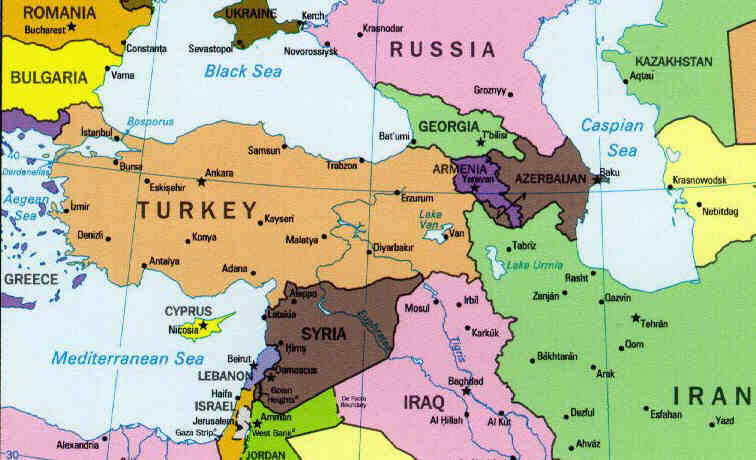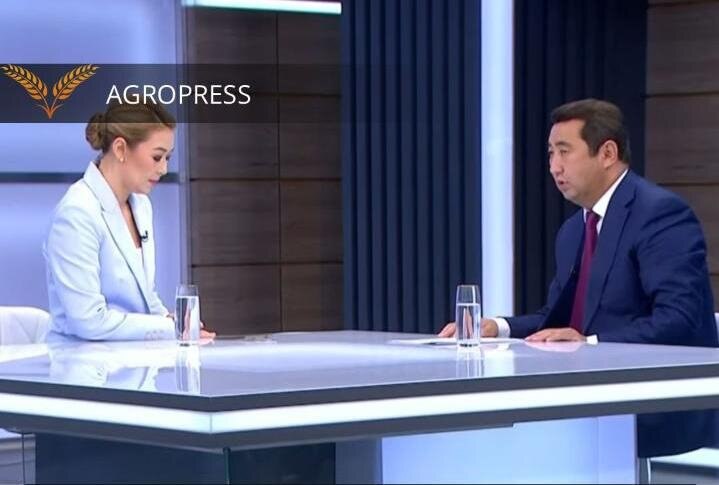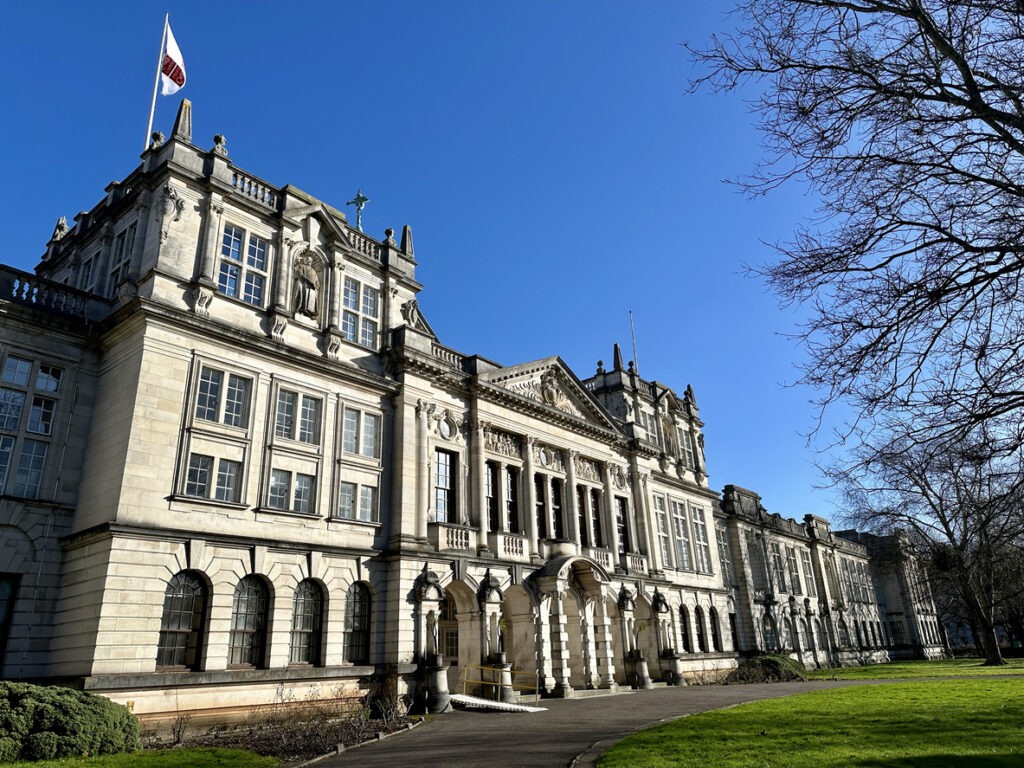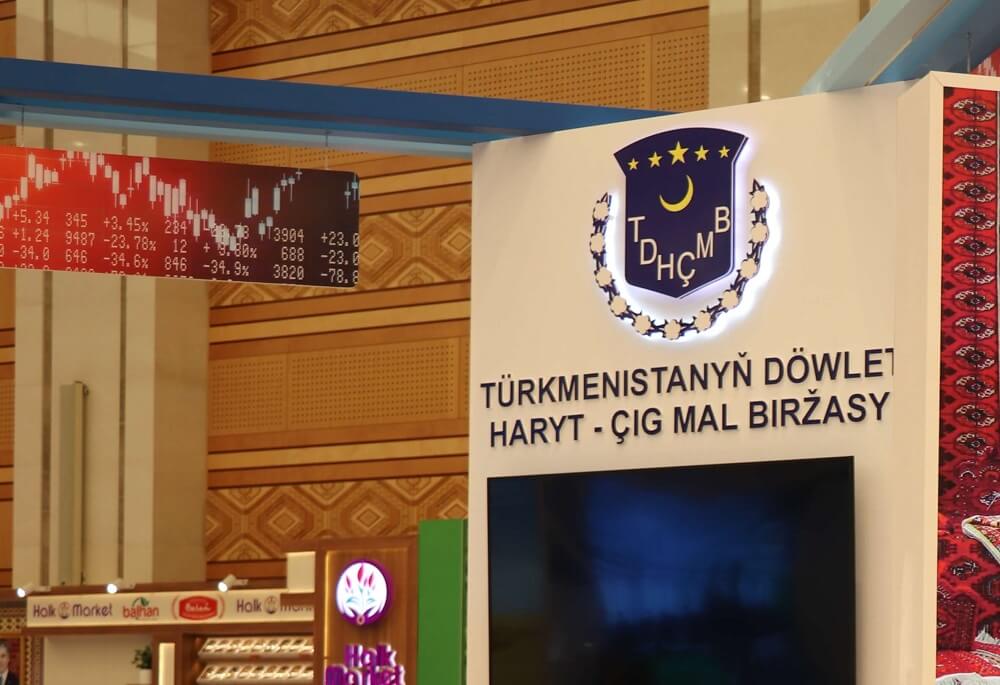TASHKENT (TCA) — Uzbekistan has taken efforts to mend its relations with Turkey, a move analysts say is part of President Mirziyoyev’s plan to attract much-needed investments in the Uzbek economy. We are republishing this article on the issue, originally published by EurasiaNet.org:
The just-concluded Uzbek-Turkish summit meeting in Ankara was like a meeting of long-lost friends.
“You could tell from our eyes how we had missed one another over these 20 years,” Uzbekistan’s President Shavkat Mirziyoyev said, standing near his Turkish counterpart, Recep Tayyip Erdogan, during a joint briefing. “We understood one another without saying even half a word, even without words, just by looking at one another.”
When Mirziyoyev flew into Ankara for a two-day visit on October 25 – trip made at Erdogan’s initiative – it marked the first state visit by an Uzbek president to Turkey in 18 years. Both the Uzbek and Turkish leaders were in a buoyant mood during the joint briefing. “We are happy with the initiative being undertaken by Uzbekistan. And we are instructing all ministries and [nongovernmental] organizations to develop full-fledged cooperation with Uzbekistan,” Erdogan said.
Companies from the two countries struck 30 agreements worth $3.5 billion during Mirziyoyev’s visit. The deals covered a wide array of sectors, including energy, transportation, textiles, electronics, construction and agriculture. The goal, the governments said, is to see annual bilateral trade turnover increase to $3-4 billion in the coming years – up from $1.2 billion in 2016.
Mirziyoyev set the tone for things before flying out of Tashkent, signing a decree ordering the simplification of the visa regime for Turkish citizens. Now entrepreneurs from Turkey will be able to apply for one-year visas without requiring an invitation, and receiving the travel permit will take only three days. Tourists will be eligible for a 30-day visa. This point had served as perhaps the main stumbling block in developing better relations, not least since Uzbek citizens are able to visit Turkey without a visa.
“The day is coming when our friendly, brother nations will not need visas at all. We are absolutely working toward this,” Mirziyoyev told reporters in Ankara.
Bringing down the veil of distrust was only made possible by the passing of Uzbekistan’s late president, Islam Karimov, who died last September. In a notable gesture of goodwill, Erdogan traveled to Samarkand on November 18 to visit Karimov’s grave, but not before announcing publicly that he wanted to turn a page with Uzbekistan.
The story of Uzbek-Turkish relations started well. Turkey was the first out of the gate to recognize Uzbekistan’s declaration of independence in the dying days of 1991. Four days after that, Karimov returned the favor by visiting Ankara, becoming the first among the Central Asian presidents to do so. “My country will go forward by the Turkish route,” Karimov told his hosts, appearing to confirm widespread suspicions that the newly independent southern states of the collapsed Soviet Union would automatically be drawn into Ankara’s orbit by their shared Turkic cultural legacy.
The appeal of Turkey for Karimov lay in its strict adherence to secular governance and the prospect of financial assistance. Before the first year of independence was out, Ankara had supplied Uzbekistan with 2 million tons of grain and a $590-million loan, to be repaid in three years.
But the euphoria did not last long. When a Karimov opponent and a 1991 presidential election candidate, Muhammad Solih, finally fled Uzbekistan, he first secured asylum in Norway, but later took up residence in Istanbul, where he evaded criminal prosecution. Ankara signally refused to entertain deportation requests from Tashkent, igniting Uzbek suspicions that Turkey secretly preferred this avowedly pan-Turkic politician to Karimov, a communist apparatchik by disposition.
The last time Karimov would visit Turkey was in 1999. Erdogan, who at the time was the prime minister, made a return trip in 2003.
Things went truly sour around 2011, when Uzbek authorities started hounding Turkish companies, such as the Turkuaz hypermarket and Demir Holdings’ chain of supermarkets, out of the country. The following year, Uzbek state television aired an exposé alleging that Turkish entrepreneurs were dodging taxes and running illegal sweatshops. Even Turkish soap operas started being pulled from the Uzbek airwaves. When a Russian broadcaster, Domashny, began showing the popular Turkish shows, it was removed from local cable packages.
“Turkey was a major disappointment for Karimov. Even the switchover to the Latin alphabet was slowed down because of the souring of relations with Turkey,” said political analyst Rafael Sattarov. “What is more, the security elite [in Uzbekistan], which engaged in squeezing out Turkish investors, added fuel to the fire. They presented developments as a struggle between various powers seeking to destabilize Uzbekistan. Turkey took this as a real slap in the face.”
Mirziyoyev’s rise to power had an almost instantaneous effect on thawing relations. Trade with Turkey increased by almost one-third during the first nine months of 2017, year on year. Turkish enterprises registered 20 companies in Uzbekistan, and another 53 have obtained permits to set up local representative offices. Meanwhile, Mirziyoyev has made some tentative moves toward making reparations to Turkuaz and Demir Holdings. A contract to build the showcase Tashkent City business complex has been awarded to Turkey’s Tabanlıoğlu Architects. Uzbek media has once again begun to talk regularly about Turkey. One local television station has even begun broadcasting a popular Turkish soap opera, Black Love.
Uzbek media outlets have given the state visit to Turkey abundant coverage. As Mirziyoyev was inspecting the military parade traditionally organized for state visits, he saluted the soldiers with the Turkish words “merhaba asker” – or “my greeting to the soldiers.” Footage of the remarks, which were interpreted widely as yet another declaration of hostilities being over, became a sensation on Uzbek social media.
Some analysts are a little wary about the thaw, especially about the fact that in recent years Ankara has slowly divested itself of its fierce secular identity and embraced more of a Muslim identity. “I am personally nervous about the way in which relations with Erdogan are developing, since he will use this as an opportunity to advance his religious and political agenda in Uzbekistan. This could lead to the strengthening of political Islam in Uzbekistan,” said foreign-based Uzbek political analyst Pulat Ahunov.
But Sattarov said he believes Mirziyoyev has little choice but to attract willing investors wherever he can find them. “Mirziyoyev needs big economic growth to secure the stability of his regime. He makes no secret of the fact that he wants to go down in history as a reformer and the creator of good standards of life for Uzbeks,” Sattarov said.









